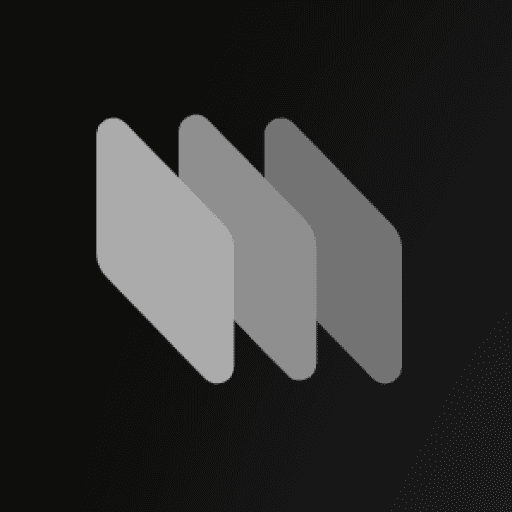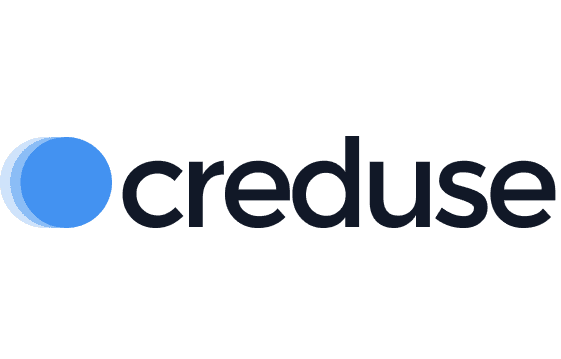Keycloak vs. Clerk
Keycloak
Keycloak is an open source identity and access management solution. It supports Keycloak single-sign-on and OpenID Connect or SAML 2.0 Identity Providers (Google, Facebook, GitHub etc).
Clerk
Clerk is a comprehensive user management and authentication platform designed to streamline how developers handle user accounts within web and mobile applications. It offers a suite of embeddable UI components—such as <SignIn/>, <SignUp/>, <UserButton/>, and <UserProfile/>—that integrate seamlessly into your application without redirecting users off-site. These components are fully customizable to match your brand, making the user experience cohesive and frictionless. Under the hood, Clerk provides a robust API and SDKs compatible with modern frameworks like Next.js, Remix, React, and Expo. It handles the entire authentication lifecycle, supporting multifactor authentication (MFA), session management, passwordless sign-in (via magic links or one-time passcodes), and traditional password-based methods with breach detection. The platform also integrates social sign-on (SSO) with over 20 providers, enabling quick user onboarding while adhering to security best practices. Clerk’s securit...
Reviews
Reviews
Reviewed on 2/25/2025
Clerk is a comprehensive authentication and user management platform. It comes with embeddable UIs, APIs and admin dashboards for user management. Clerk offers official SDKs for Next.js, React, JavaScript, Node.js, Remix, Go, Gatsby, and Ruby / Rails. There are many more community SDKs for other frameworks and languages. They have a free tier of 10,000 MAUs and a $25/month Pro tier with $0.02/MAU. Enhanced authentication, with SMS auth, device tracking and revocation, simultaneous sessions and SAML authentication costs additional $100/month. Admin add-on, with user impersonation and enhanced roles is another $100/month.
| Item | Votes | Upvote |
|---|---|---|
| No pros yet, would you like to add one? | ||
| Item | Votes | Upvote |
|---|---|---|
| No cons yet, would you like to add one? | ||
| Item | Votes | Upvote |
|---|---|---|
| No pros yet, would you like to add one? | ||
| Item | Votes | Upvote |
|---|---|---|
| No cons yet, would you like to add one? | ||
Frequently Asked Questions
Clerk and Keycloak cater to different needs and preferences. Clerk provides a comprehensive authentication solution with embeddable UIs, APIs, and admin dashboards for user management, making it highly suitable for developers looking for ease of use and integrability. It offers official SDKs for a wide range of frameworks and has a free tier for up to 10,000 Monthly Active Users (MAUs) with additional costs for enhanced features. On the other hand, Keycloak is an open-source identity and access management solution that supports single-sign-on and multiple identity providers such as Google, Facebook, and GitHub via OpenID Connect or SAML 2.0. Keycloak is ideal for organizations looking for a customizable and cost-effective solution without vendor lock-in. The choice between the two depends on whether you prioritize ease of integration and comprehensive user management (Clerk) or open-source flexibility and cost-effectiveness (Keycloak).
When it comes to cost-effectiveness, Keycloak stands out as it is an open-source solution, meaning there are no licensing fees involved. The costs associated with Keycloak are primarily related to infrastructure and maintenance. Clerk, on the other hand, offers a free tier for up to 10,000 Monthly Active Users (MAUs) but charges $25/month for the Pro tier with additional costs for enhanced features such as SMS authentication and admin add-ons. If budget is a major concern and you have the technical expertise to manage and maintain the system, Keycloak may be the more cost-effective option. However, if you prefer a managed solution with robust support and additional features, Clerk may justify its costs.
Clerk is generally easier to integrate for developers because it offers embeddable UIs, APIs, and admin dashboards out of the box. It provides official SDKs for a wide range of frameworks including Next.js, React, JavaScript, Node.js, Remix, Go, Gatsby, and Ruby on Rails, which can significantly reduce development time. Keycloak, being an open-source solution, provides extensive customization options but may require more effort and technical expertise to integrate and configure according to your specific needs. If ease of integration and quick setup are your primary concerns, Clerk is likely the better choice.
Keycloak is an open source identity and access management solution. It supports single-sign-on and integrates with OpenID Connect or SAML 2.0 Identity Providers such as Google, Facebook, and GitHub.
Keycloak offers several features including single-sign-on, identity brokering and social login, user federation, client adapters, and an admin console. It supports standard protocols like OpenID Connect and SAML 2.0.
Currently, there are no user-generated pros and cons for Keycloak. However, some general pros include its open source nature and extensive protocol support. Potential cons may include a steep learning curve for new users.
Organizations that require robust identity and access management solutions can benefit from Keycloak. It is particularly useful for companies needing to implement single-sign-on across multiple applications.
Clerk is a comprehensive user management and authentication platform designed to streamline how developers handle user accounts within web and mobile applications. It offers a suite of embeddable UI components, such as <SignIn/>, <SignUp/>, <UserButton/>, and <UserProfile/>, that integrate seamlessly into applications without redirecting users off-site. Clerk also provides a robust API and SDKs compatible with modern frameworks like Next.js, Remix, React, and Expo.
Clerk includes features such as multifactor authentication (MFA), session management, passwordless sign-in, traditional password-based methods with breach detection, and social sign-on (SSO) with over 20 providers. It also offers advanced multi-tenancy features for B2B SaaS applications, allowing organization-based user management with custom roles and permissions.
Pros of Clerk include its comprehensive suite of embeddable UI components, robust API, and strong security features such as SOC 2 Type 2 certification and CCPA compliance. It also offers a free tier for up to 10,000 monthly active users, making it a scalable solution. However, some cons include the additional costs for enhanced authentication features and admin add-ons, which can add up for larger applications.
Clerk has a strong security posture that includes SOC 2 Type 2 certification and CCPA compliance. It undergoes continuous third-party audits and penetration testing. Additionally, Clerk incorporates fraud prevention measures such as disposable email blocking and machine learning-powered bot detection to reduce spam and abusive sign-ups.
Clerk offers a free tier for up to 10,000 monthly active users. For additional features, there is a Pro tier priced at $25 per month with a cost of $0.02 per additional monthly active user. Enhanced authentication features and admin add-ons are available for an additional $100 per month each.




















